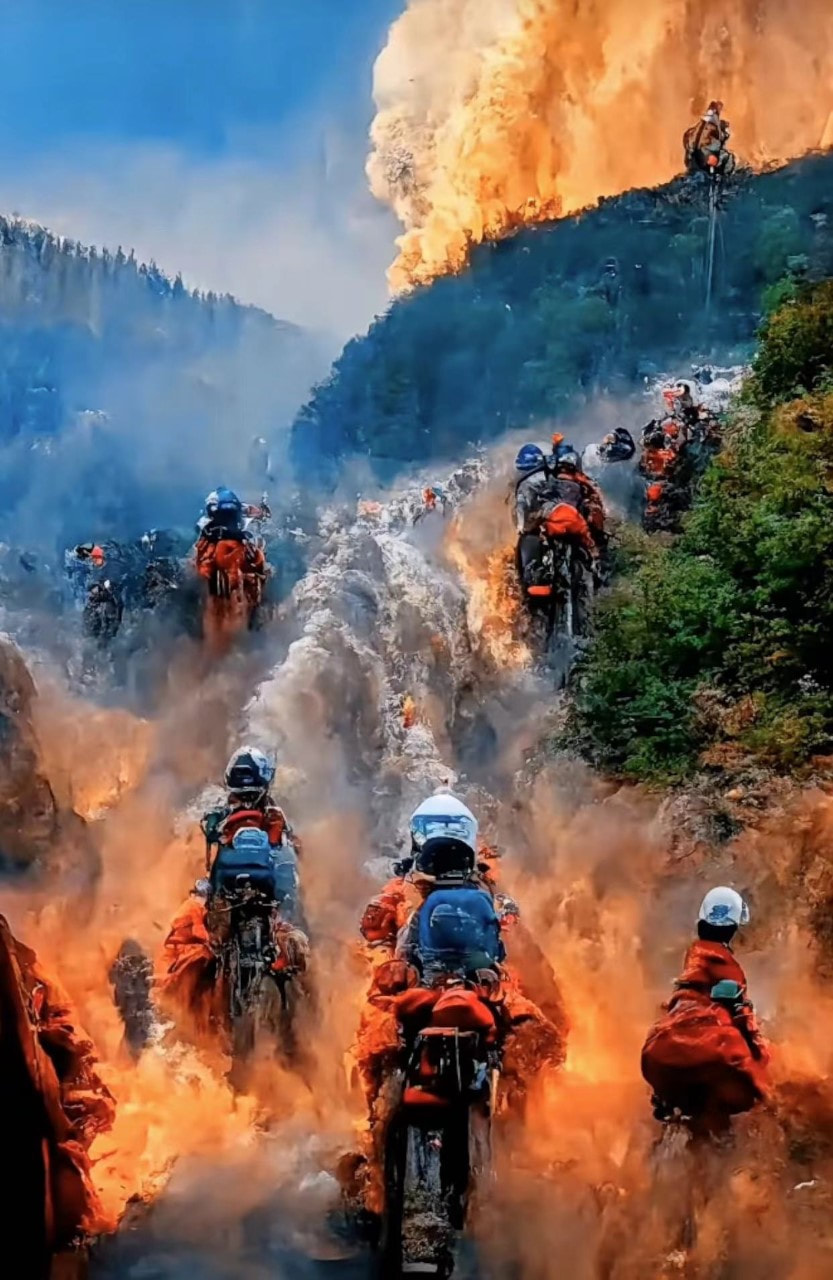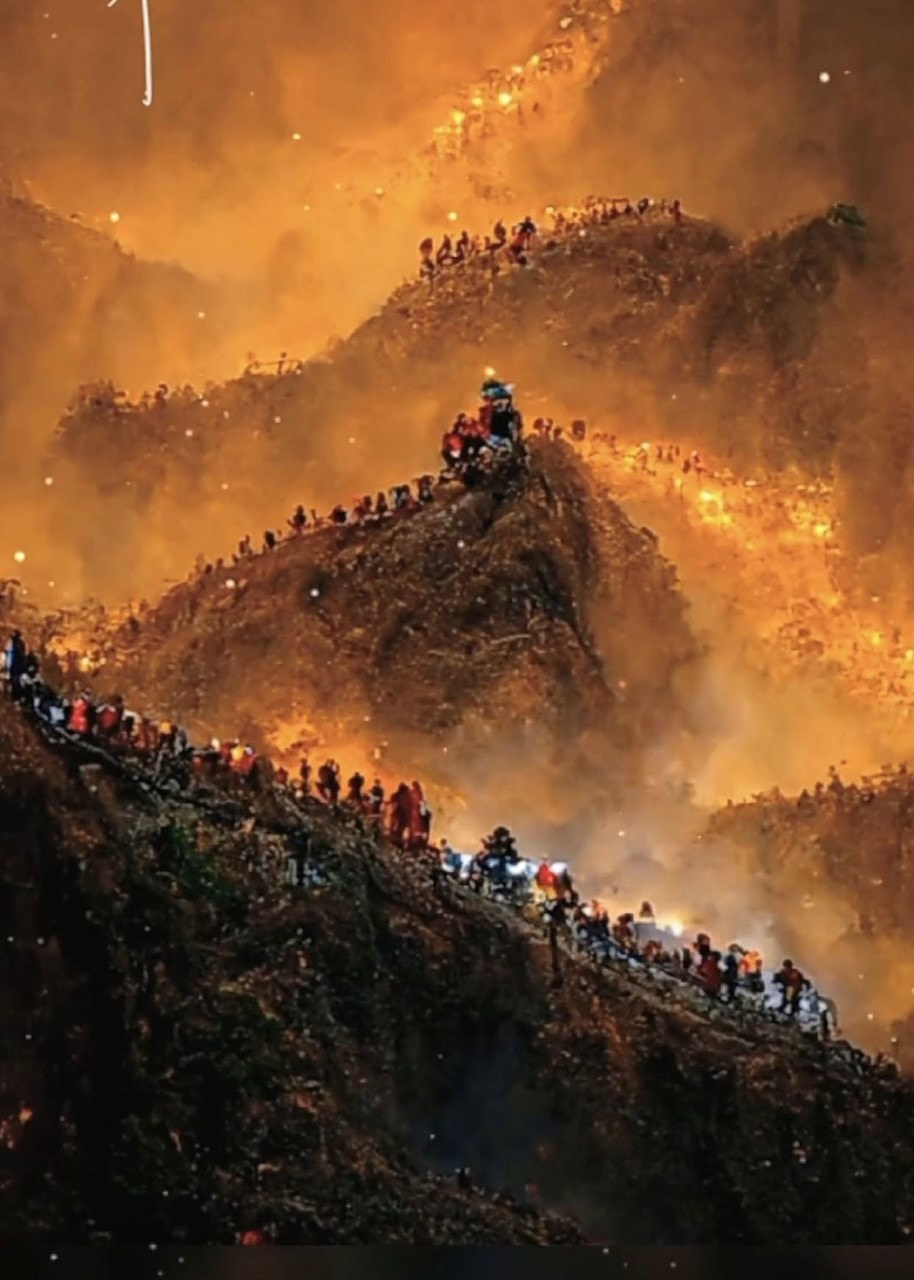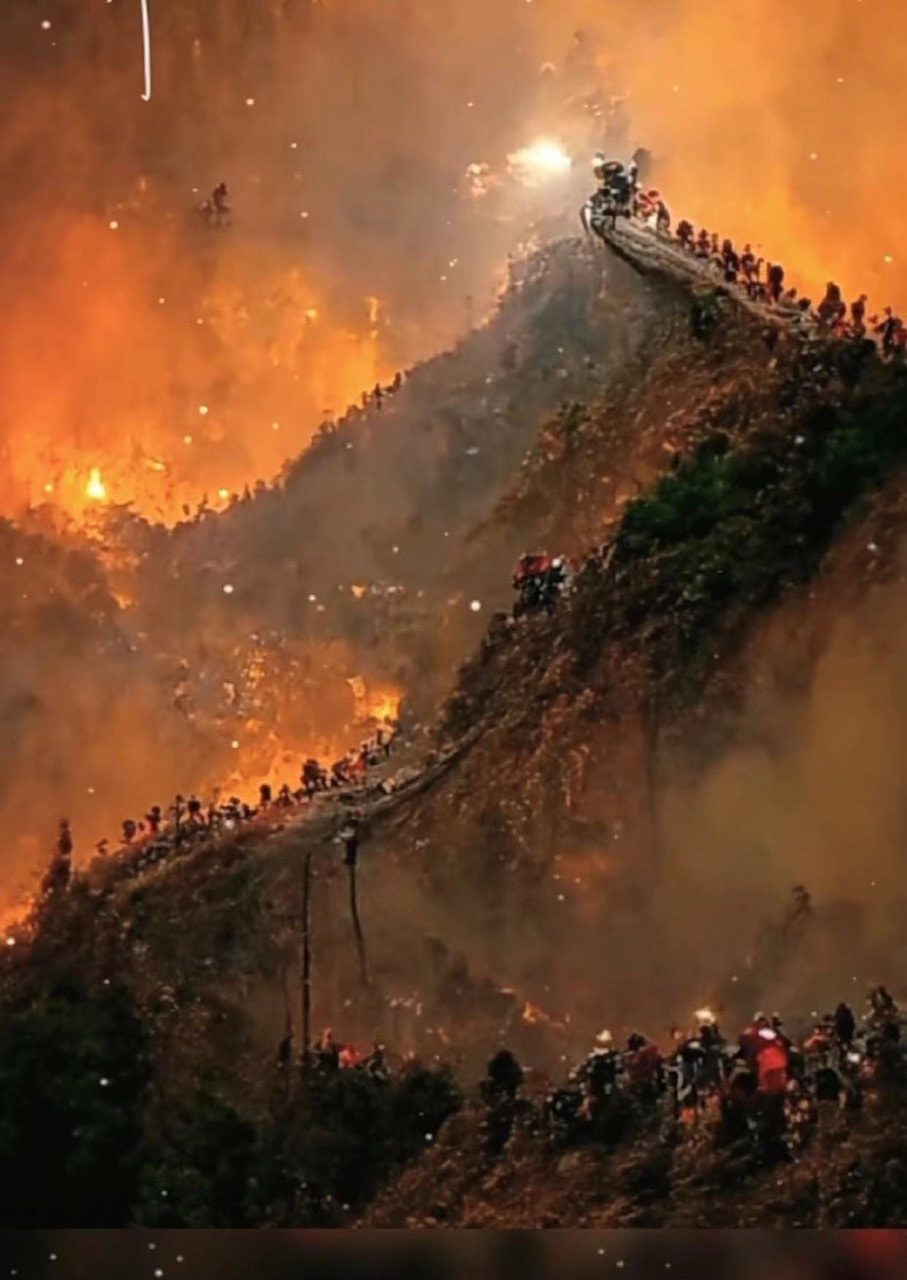- Home
- Process Worldview
- Community
- Art and Music
- Whitehead and Process Thinking
- Podcasts
- Spirituality
- Ecological Civilization
- Education
- Contact
- Social Justice
- Science
- Animals
- Sacred Poems
- Whitehead Videos
- Index of All Titles
- Practicing Process Thought
- Process Spirituality: A Spiritual Alphabet
- Recent Posts
The Chongqing Example
Teamwork and Community Pride
as Keys to Ecological Civilization
Meijun Fan
I salute the Chongqing people, my fellow townsfolks!
Chongqing is the biggest city in the world by size (82,400 square kilometers) and the second largest city in the world by population (32 millions in 2022). It has over 2,000 years of recorded history spanning back to 316 B.C.. It is famous as the one of three hottest cities in China and also as the second capital of the Republic of China during World War II.
In August of 2022, Chongqing once again caught the attention of the whole of China. Due to climate change, Chongqing experienced the hottest August in recorded history with temperatures reaching over 43 degrees Celsius for more than 20 days (109 degree Fahrenheit), extreme drought, a lack of electricity, and unusual wildfires, all occurring within the context of the ongoing COVID-19 pandemic.
The wildfires occurred in Mt. Jinyun, which is the national reserve area. It is also called the backyard or the lung of Chongqing. I used to work at a university at the foothill of this mountain. Some parts of Mt.Jinyun have no road access and presented steep slopes of over 60 degrees, making firefighting an unimaginably difficulty task.
More than 3,000 of firefighters and soldiers were in urgent need of various rescue materials and equipment such as fire extinguishers, chain saws, gasoline for excavators, and other tools to fight the fire on the top of the mountain. However, these supplies could not be transported to the top of the mountain by motor vehicles due to the difficult terrain and the lack of roads. Excavators were used to create a narrow emergency path. During this process, one excavator was lost when it fell off the mountain.
When the people of Chongqing heard the supply issue, they rose to the occasion and organized themselves quickly. All those who have motorcycles joined the volunteers transportation team moving materials to the top of the mountain. 90% of the motorcyclists in the district joined voluntarily. They were young, in their 20s, and prior to this, were often considered a nuisance by the local traffic police.
But now these young motorcycle drivers played a huge role in transporting the needed rescue materials and firefighters to the top of the mountain. Others in the district also tried their best to help. They worked very hard in order to meet the firefighters and soldiers’ needs. A lot of donated materials were sent to the base-camps on the foothills and volunteers mustered there ready to be called for help.
Every day, people sent well prepared food boxes, fruits, iced water, ice cream, even Yoga mats to the top of the mountain in order to keep the firefighters and soldiers’ energy level high.
Firefighters and soldiers worked at the front line of wildfires being supplied by a ceaseless train of motorcycle riders. The last half mile of the journey was not even accessible by motorcycles, so volunteers carried those materials by foot. Those fighters said that it was their first time in their career where they had access to ice cream while fighting a fire. They also said that it was their first time to work with common people to fight against wildfires. Usually, they worked on their own.
During those days, thousands of firefighters, soldiers, young motorcycle riders, volunteers, and local government officers had almost no sleep, only short breaks. Finally, with all the help received from ordinary citizens, young riders, helicopters and drones, the firefighters have put fire out by backburning or extinguishing fire with fire (see how this works at https://china.huanqiu.com/article/49QQEKhEnQl) on August 26. No one died due to this wildfire.
The story does not end there. The volunteers with their children then began to clean up the burned area. They sent four proposals to the Chongqing government on how to treat those burned area and began to brainstorm about tree planting for next spring.
They are the heroes who worked closely together to get things done. They are also very grateful to the firefighters who came from other provinces such as Yunnan, Henan and Ganshu.
The farewell crowd from Chongqing stood in 40 degrees weather blocking these firefighter’s departure for almost one hour while showering them with endless gifts to express their sincere gratitude. Both felt like they were one big family. See a short video of their celebration here: (https://youtube.com/shorts/U09atbQDfEg?feature=share)
You will get a quick view (with music added) of how the Chongqing people worked as a community and as a whole. They acted selflessly. They had their own unique spirit. They knew how to work together to get things done better and faster, whatever difficulties they faced. For them, there were no problems, only solutions.
This unique spirit has a history. I know this personally, because my ancestral hometown, Fishing Fortress/Diaoyu Castle, is a part of Chongqing. About 750 years ago, Chongqing people had to fight against a Mongolian army led by Mongolian Khan, Möngke, and prevented them from entering Chongqing for 36 years (1243-1279). Möngke (1209-1259) was the one of the grandchildren of Genghis Khan and the fourth Khan of the Mongolia Empire, the biggest empire in the world.
He led 150,000 Mongolian troops there, but the whole population of my ancestral hometown only had about 4,000 residents and soldiers at that time. Möngke Khan was seriously wounded during siege of Fishing Fortress and died a few days later (1259) exactly in the place where Chongqing people had wildfires this month. After the news about his death spread out, his brothers who were conquering Europe, Middle East and Arab world decided to withdraw their troops from their conquests to fight each other for the title of Khan.
Thus, the death of Möngke Khan led to the division of the Mongol Empire and changed the history of the whole world, especially Europe and Asia. This is the reason why the Fishing Fortress is called as the place where God’s whip had broken and The Mecca in the East. To learn more about this bit of history, you might enjoy the documentary film at https://www.bilibili.com/video/BV1bp411d7Yh/.
In any case, the Chongqing people have a fighting spirit. I am proud to be a person who was born and grew up there, and I try to bring this spirit to my own work in trying to help China and the world evolve Ecological Civilizations.
To be sure, we people of the world need to avoid conflicts and violence. We need to be about peace, not violence. We need to bring a "fighting spirit" to the hard work combatting global climate change, environmental disaster, political dysfunction, economic inequities, and the shallowness of consumer culture - not to fighting one another. This spirit can take the form of a willingness to work together, with others, to avoid disaster and promote the common good. And it can rightly involve a sense of local pride: a sense that our local communities can be good communities, if we work together.
The stakes are enormous. If we work together, as the Chongqing people did, we, too, might be able to put out the wildfires that threaten the world. This, I believe, is an important lesson we can learn from the citizens of Quongqing, my beloved ancestral home.

Meijun Fan, Ph.D., former Vice-Chair and Professor of the Philosophy Department at Beijing Normal University, China. She completed doctoral studies at Beijing Normal University, specializing in Chinese traditional aesthetics and aesthetical education. She is the author of six books, and a co-author of six books. She is Program Director for the Institute for the Postmodern Development of China. She is also a member of the Board of Directors of the Cobb Institute and Co-Director of the China Project of the Center for Process Studies.



